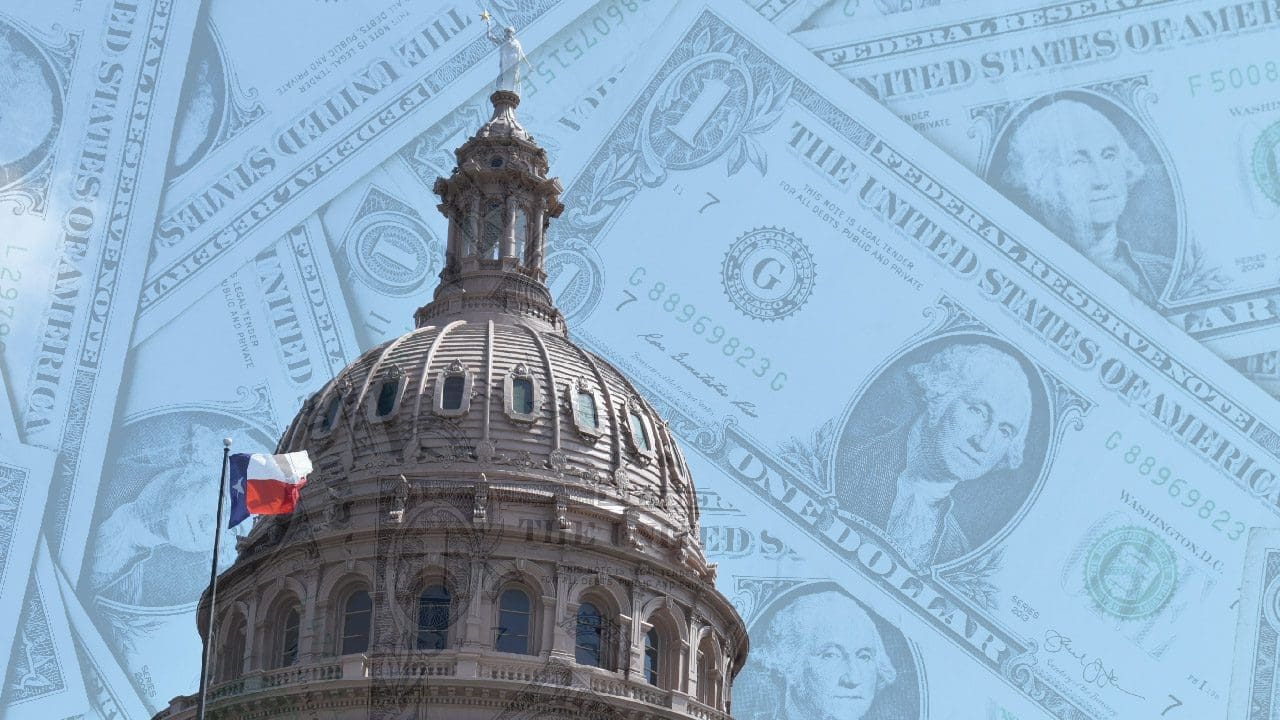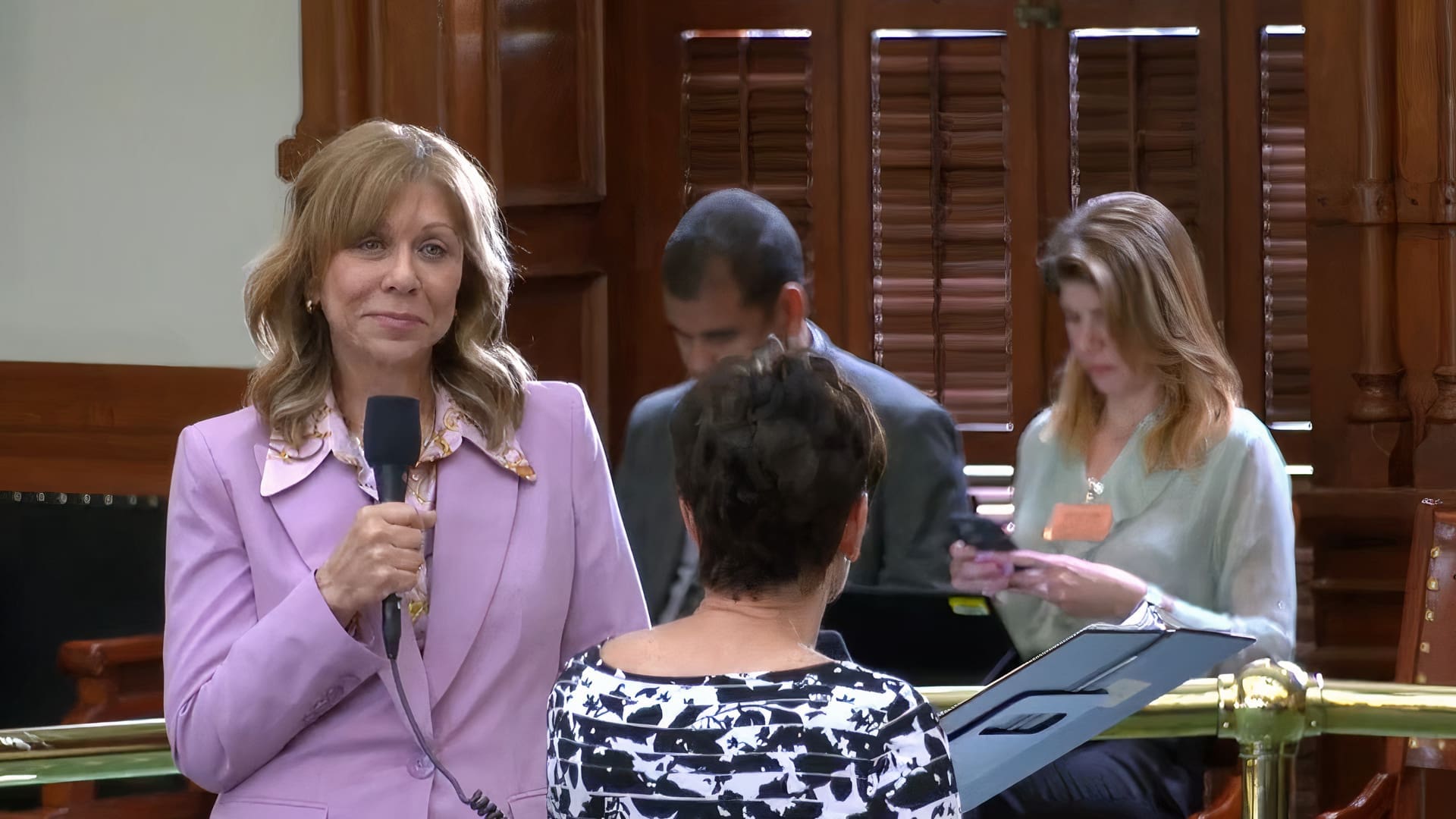Being truthful with where your tax dollars are coming from and where they’re going seems like common sense, but in government, simple principles are anything but common. The Texas Budget Compact seeks to rectify that by asking legislators to practice truth in budgeting.
When you commit to spend money you don’t yet have, most would consider you to be financially irresponsible. When the state of Texas does it to balance the budget, it’s just business as usual.
Such gimmicks are exactly how the “super-majority” of Republicans eliminated the budget shortfall during the 82nd Legislative Session. Not with honest assessments of what was truly needed, but with accounting tricks making it appear they cut more than they did.
 Such tactics are exactly why we need to fix the gimmicks involved in crafting the state’s biennial budget.
Such tactics are exactly why we need to fix the gimmicks involved in crafting the state’s biennial budget.
A good first step would be to institute the bi-partisan budgeting transparency measure pushed by Rep. Erwin Cain and Sen. Kirk Watson last session. The simple but effective plan would re-format the state budget to include:
- A line-item for each specific program or activity administered for an agency
- Specified amounts of each proposed appropriation per line-item
- Citations to the legal authorization for each program or activity
- Indications whether the funds are from general revenue, dedicated revenue, federal money, or another source
Sadly, but not surprisingly, Rep. Cain’s proposal was stripped off of SB 1811 in conference committee during the special session – where it’s impossible to know which lackluster legislators on that particular committee voted against transparency.
Another step the legislature should take is to end the diversions of dedicated funds from their intended purpose.
The gas tax is the most commonly cited example of the need for reform. Almost $1.6 billion were diverted from the gas tax (a.k.a. State Highway Fund) in 2008-09 to agencies such as the Health and Human Services Commission, Commission of the Arts, Lufkin Tourist Information Center, and the Historical Commission.
And even money from the fund earmarked for highway projects are still diverted for ridiculous bureaucratic pet-projects, such as the $6 million of funds used to build bike-bridges in Austin. Yet, there are still legislators calling for increasing the gas tax without so much as considering ending diversions first.
A third step, and perhaps the most fiscally prudent of all, would be for the legislature to adopt the policy of zero-based budgeting.
Under a system of zero-based budgeting, the state budget would essentially be wiped clean, starting from scratch. Each agency would be required to justify all their expenditures every two years when the state budget is set. No longer would state agencies get away with simply extending out their hand and saying “how much more do we get this year?”
Taxpayer Champion Rep. Charles Perry authored HB 187 last session that would have adopted zero-based budgeting, but it never even received a hearing in the Appropriations Committee (chaired by Straus lieutenant Rep. Jim Pitts).
Whether the legislature implements a full zero-based budgeting plan, or even a tiered plan to one-third of the budget each biennium, it would be the most honest and responsible way to ensure tax dollars are used only for necessary expenditures.
Legislators are coming out and publicly supporting the Texas Budget Compact, which includes a plank in favor of truth in budgeting.
To show your support, visit TXBudgetCompact.com. We’ll deliver a letter to your legislator on your behalf for each plank of the compact you support.




